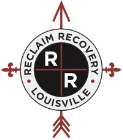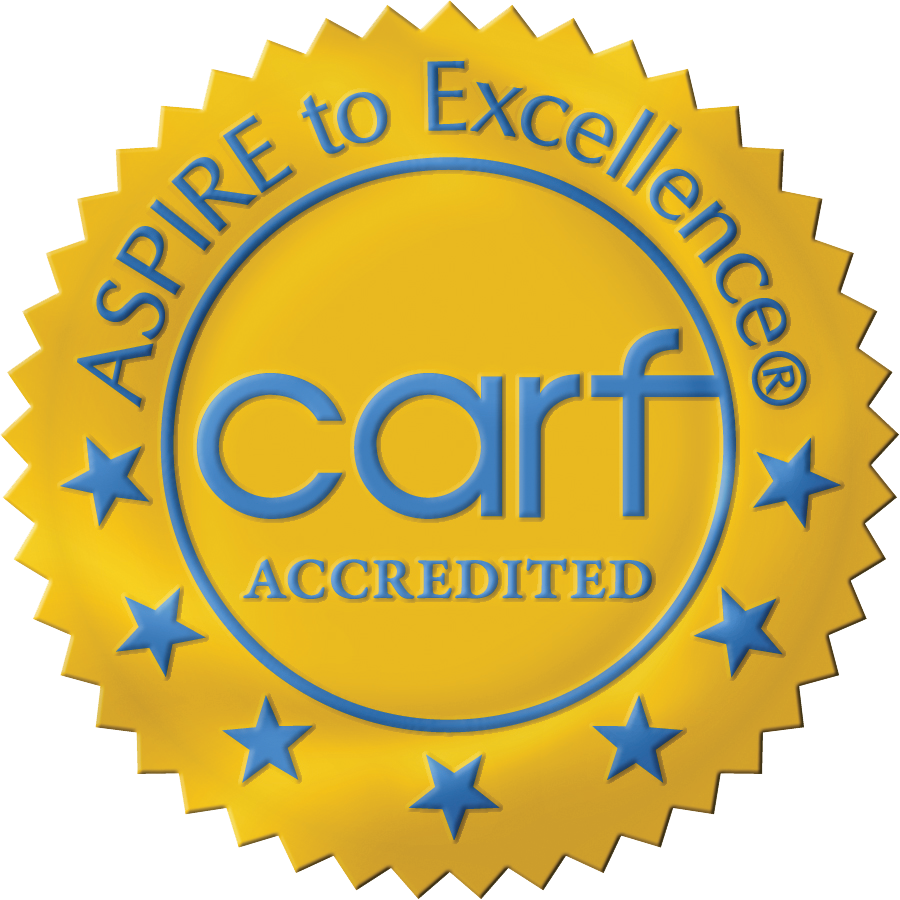Our Blogs

What Are the Benefits of Aftercare Programs Post-Rehabilitation?
Introduction
Completing a rehabilitation program is a significant achievement, but recovery does not stop there. The transition from a structured rehab environment back into everyday life can be challenging, requiring continued support to maintain sobriety. Aftercare programs provide the guidance, structure, and community needed to help individuals navigate life after rehab successfully. At Reclaim Recovery Louisville, we emphasize comprehensive aftercare support to ensure lasting recovery.
The Transition from Rehabilitation to Everyday Life
Leaving a rehab program often means returning to an environment filled with old triggers and stressors. Without a structured plan in place, individuals may struggle with adjusting to daily responsibilities, managing relationships, and maintaining emotional stability. The transition can feel overwhelming, making aftercare programs essential for providing continued guidance and support.
Aftercare programs help individuals gradually regain independence while still benefiting from structured support systems. Whether through continued therapy, support groups, or sober living environments, these programs create a bridge between intensive treatment and real-world recovery. A solid aftercare plan reduces the risk of relapse and helps individuals develop the skills needed for long-term sobriety.
Common Challenges Faced Post-Rehab
Triggers and Cravings
After leaving a rehab facility, individuals often face daily stressors and situations that may trigger cravings. Without proper coping strategies, exposure to certain places, people, or emotions can make relapse more likely. Aftercare programs provide tools to manage triggers effectively and prevent setbacks.
Rebuilding Relationships
Addiction can strain personal relationships, leading to broken trust and unresolved conflicts. After rehab, individuals must work on rebuilding healthy relationships with family and friends. Therapy and family support programs help foster communication, understanding, and emotional healing.
Employment and Financial Stability
Re-entering the workforce and managing financial responsibilities can be stressful. Many individuals in early recovery struggle with finding stable employment, budgeting, and handling financial stressors. Aftercare services may include job training, financial planning, and career counseling to help individuals regain stability in their professional and personal lives.
Key Components of Effective Aftercare Programs
Outpatient Therapy
Continued counseling and therapy sessions provide individuals with emotional and psychological support as they adjust to post-rehab life. One-on-one and group therapy sessions allow individuals to address new challenges, reinforce healthy coping skills, and stay accountable to their recovery goals.
Support Groups & Peer Support
Peer support is a crucial part of aftercare. Programs such as 12-step meetings, SMART Recovery, and other peer-led groups provide a sense of community, accountability, and shared experiences. Having a support system of individuals who understand the recovery journey can make a significant difference in maintaining long-term sobriety.
Relapse Prevention Strategies
Aftercare programs teach essential relapse prevention techniques, helping individuals recognize warning signs of relapse and develop effective coping mechanisms. These strategies may include stress management, mindfulness practices, and problem-solving techniques that empower individuals to stay on track.
Sober Living Environments
For those who need additional structure and stability, sober living homes provide a safe and supportive place to transition back into daily life. These environments help individuals practice responsibility, accountability, and independence while staying surrounded by a community focused on recovery.
Success Rates with Continued Support
Research shows that individuals who participate in aftercare programs have higher long-term sobriety rates compared to those who do not engage in post-rehab support. Continued care reduces the likelihood of relapse by reinforcing healthy habits, providing ongoing encouragement, and ensuring individuals stay connected to a support network.
Studies also indicate that structured aftercare improves mental health, self-esteem, and overall life satisfaction. Engaging in outpatient therapy, peer support groups, and relapse prevention programs increases the chances of maintaining a fulfilling, substance-free life.
Aftercare Services at Reclaim Recovery Louisville
At Reclaim Recovery Louisville, we understand that recovery is a lifelong journey. Our aftercare programs are designed to provide continued support through:
Outpatient Counseling & Therapy: Individual and group therapy sessions to address ongoing emotional and psychological needs.
Peer Support Networks: Connecting individuals with a community of like-minded peers for encouragement and accountability.
Practical Life Skills Support: Assistance with job placement, financial literacy, and stress management techniques.
Relapse Prevention Planning: Teaching clients how to recognize triggers, cope with stress, and maintain healthy routines for long-term success.
Conclusion & Call-to-Action
Aftercare programs play a critical role in sustaining long-term recovery by providing ongoing support, structure, and relapse prevention strategies. The transition from rehab to everyday life is smoother and more successful when individuals have access to the right resources and a supportive community.
📞 Call Reclaim Recovery Louisville today to learn more about our comprehensive aftercare programs and how they can help you or a loved one maintain lifelong recovery.
📍 Visit us at 2604 South Fourth Street, Louisville, KY 40208.


